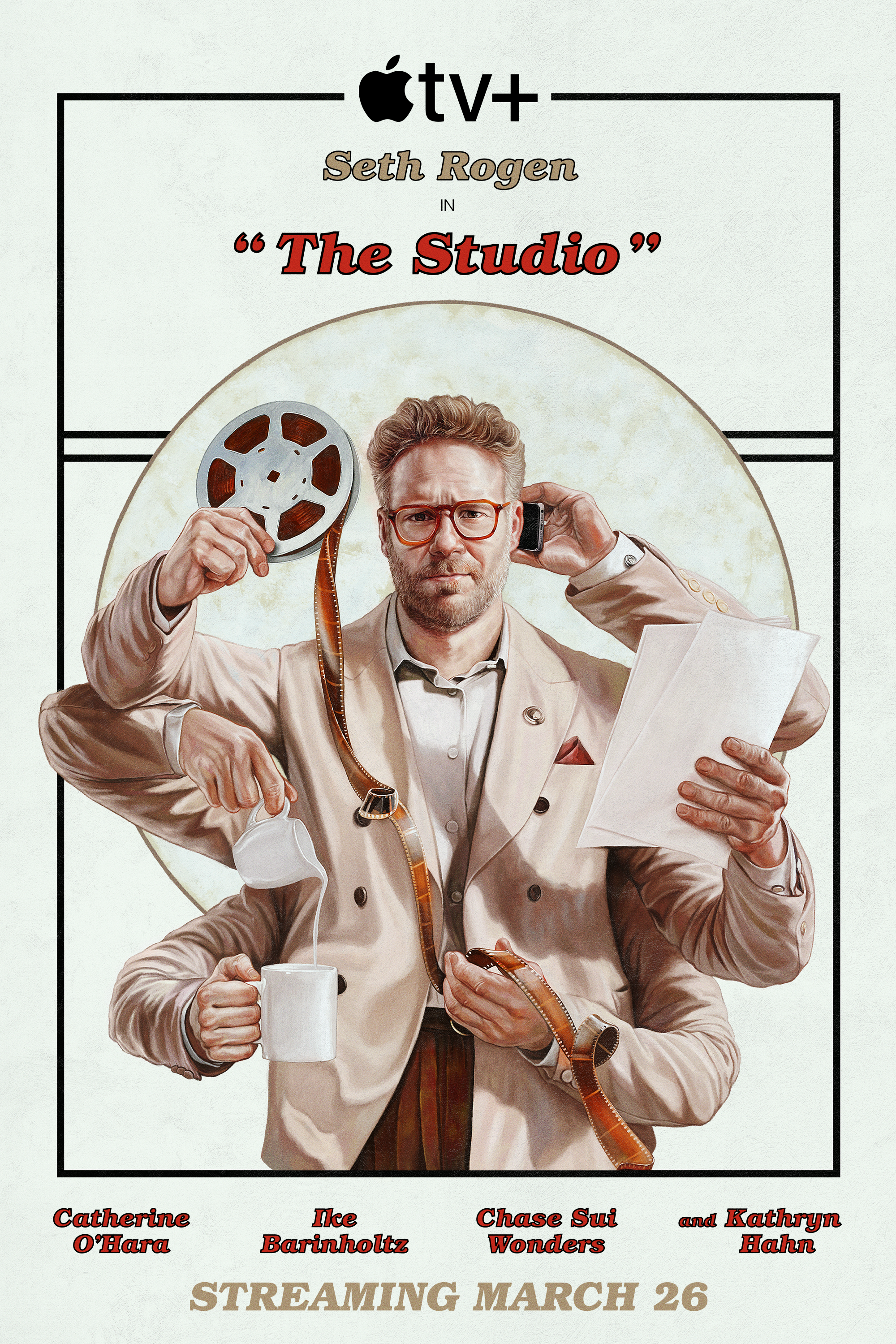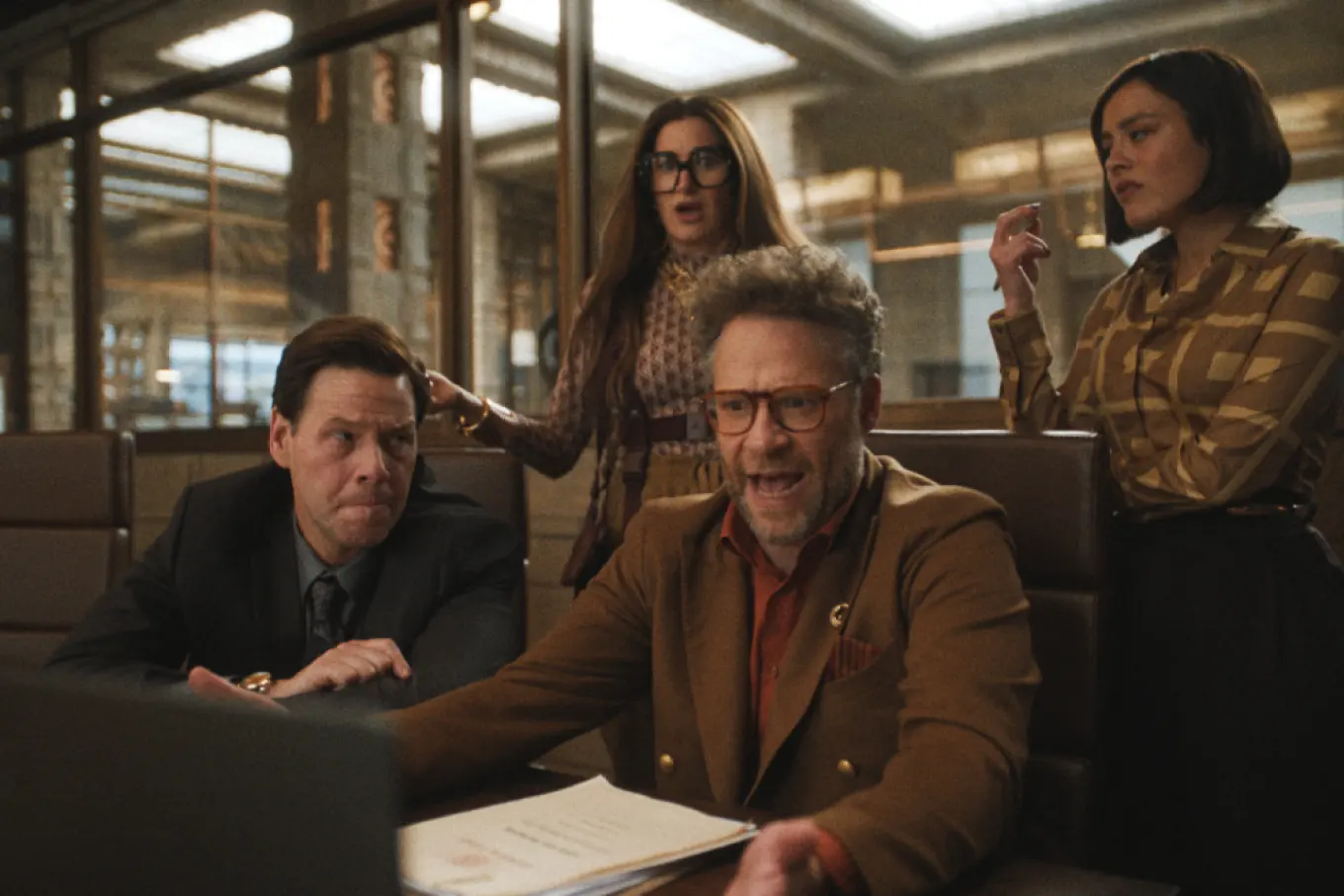The Studio review – Seth Rogen’s Hollywood satire is fast, furious and beautifully fun


Apple TV+’s The Studio is a paradox: a TV show about filmmaking, a self-indulgent satire of self-indulgence, and a tribute to Hollywood’s lost grandeur—ironically brought to life through lavish investment.
The show follows Matt Remick (Seth Rogen), the new head of the fictional Continental Studios, who fancies himself the next Robert Evans but instead faces the harsh reality of modern Hollywood. His work consists of uninspired IP adaptations (Kool-Aid Man: Origins) and lowbrow horror (Johnny Knoxville vs. projectile-vomiting zombies), highlighting both the industry’s decline and the writers’ sharp comedic edge.
Loosely inspired by Rogen and Evan Goldberg’s tumultuous time at Sony—particularly the Interview fallout—The Studio leverages Apple’s deep pockets and their Hollywood Rolodex. Rogen and Goldberg direct every episode, with a cast featuring Martin Scorsese, Ice Cube, Zoë Kravitz, Zac Efron, and Olivia Wilde, all playing themselves.
Despite the star-studded cameos, the show focuses on industry insiders. Matt’s team includes his best friend and VP of production (Ike Barinholtz), his ex-assistant turned creative exec (Chase Sui Wonders), and a marketing guru (Kathryn Hahn). His mentor (Catherine O’Hara) is pushed out by the ruthless CEO (Bryan Cranston) in a fate mirroring Amy Pascal’s post-Sony-hack downfall.
If you get that reference, The Studio is for you. It’s packed with industry nods, from Netflix’s Ted Sarandos to inside jokes about CinemaCon. Its episodic format—rare for prestige comedy—features self-contained farces, like a long-take episode or a noir-style detective story.
Rogen and Goldberg’s film and TV experience lets them skewer Hollywood while embracing television’s strengths. A frenetic jazz score heightens the chaos, recalling Birdman but without the self-seriousness.
The Studio is a dazzling satire about Hollywood’s decline, both mocking and embodying its excesses. It’s bold, witty, and proof that original, high-stakes storytelling isn’t dead—at least not yet.
